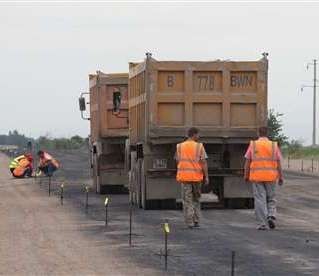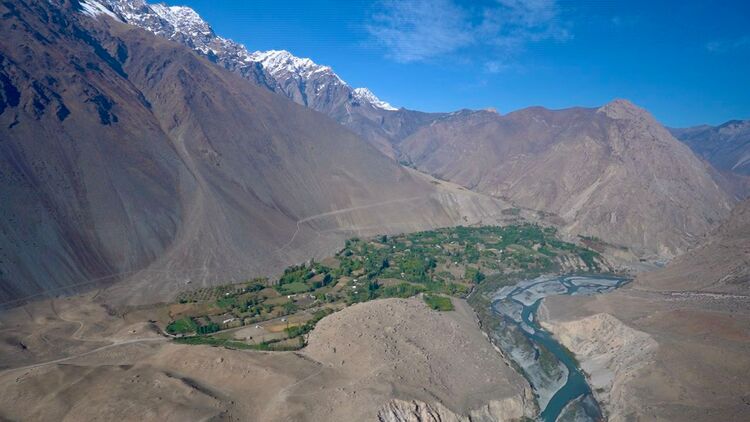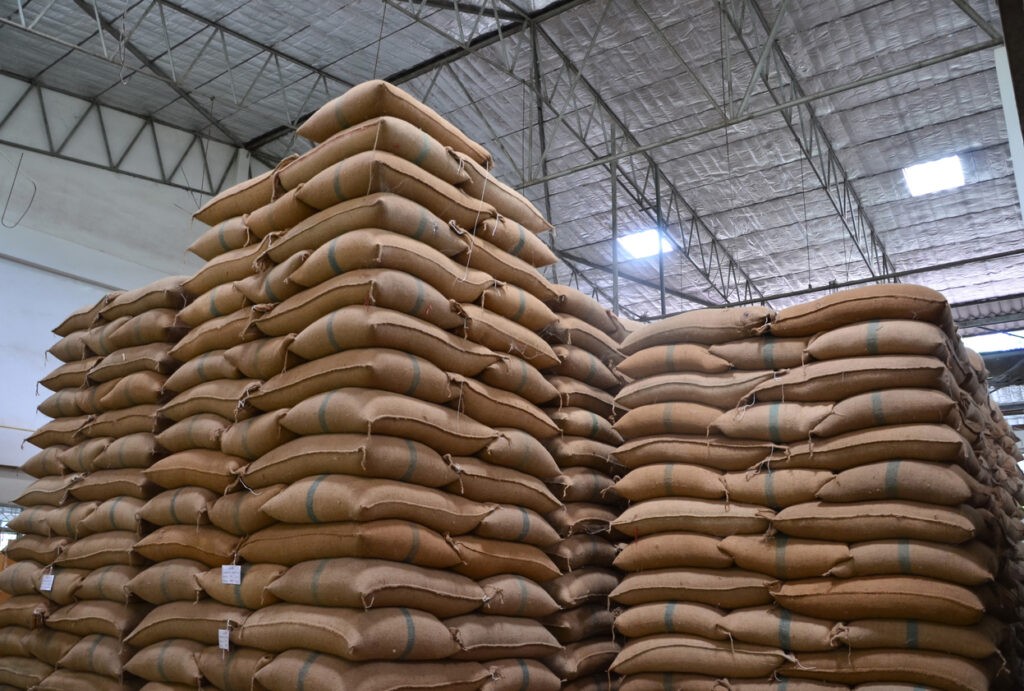DUSHANBE (TCA) — Tajikistan is Central Asia’s least connected and most isolated country. Tajikistan has only limited regional and international connectivity and transportation by road is often the only option, given the country’s alpine topography and small rail network, the World Bank reported on its website.
The Second Phase of the Central Asia Road Links Program – CARs-2 focuses on the rehabilitation of approximately 70 kilometers of cross-border roads in the Sughd Oblast, which connects Tajikistan’s road network with that of Uzbekistan and Kyrgyzstan and accounts for 40 percent of the country’s overall freight turnover. The first phase of the Central Asia Road Links (CARs) program, covering the Kyrgyz Republic, focused on the rehabilitation of cross-border road links in Tajikistan’s Batken Oblast, the World Bank said.
By financing the rehabilitation of these critical links, the project is expanding opportunities for trade and increasing the competitiveness of domestic products — leading to private sector growth and job creation.
The sections being rehabilitated in Tajikistan by this phase of the project include the Kuchkak-Kim-Isfara-Guliston border crossing (45.1 km), the Dehmoi-Proletarsk-Madaniyat border crossing (16.9 km) — including a link to the intermodal rail terminal in Proletarsk — and the Kanibadam-Patar border crossing (5.7 km).
The CARs project is a collaborative, regional, multi-phase program initiated by governments of Central Asia and financed by the World Bank. More than 13 million people in Kyrgyzstan and Tajikistan will benefit from improved connectivity and better market access across borders.
The CARs-2 project is financed by the World Bank in the amount of $45 million, consisting of $38 million provided as a highly concessional credit and $7 million as grant. The Government of Tajikistan is providing $9 million in co-financing for the project.









